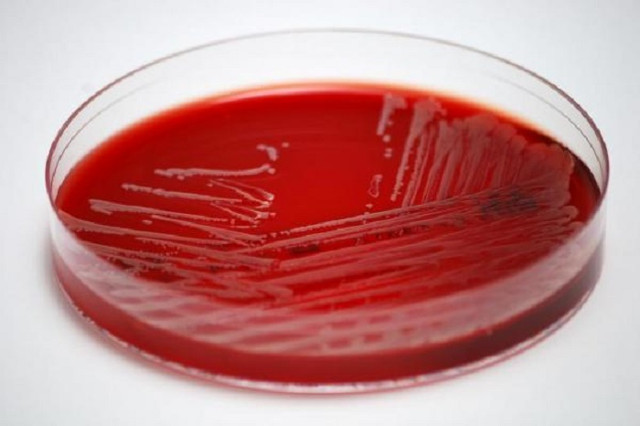Using statins can reduce the risk of dangerous blood infections
- Medications help clean blood vessels, reduce blood fat families should know
- Finding new ways to study cholesterol distribution on cells
Researchers have found that people who use statins to prevent heart disease are at risk of developing Staphylococcus aureus, a lower blood infection.
The study, published in the Mayo Clinic Proceedings in October, found that patients who took statins were 27 percent less likely to develop the disease than those who did not take statins.
Previously, Statin was commonly used among older people with chronic diseases such as diabetes, kidney and liver disease.

Recently, researchers at University Hospitals in Aalborg and Aarhus, Denmark, and University Hospital in Seville, Spain, analyzed medical records of 30,000 people in medical registries. For 12 years, they have identified 2,638 cases of S. aureus or CA-SAB infections called septicemia .
26.379 others were statistically counted by age, gender and residence for CA-SAB case. The researchers found that for CA-SAB cases, 14% were separate statin users and 12.2% were statin users because of the combined treatment of other diseases.
The researchers found that the risk of CA-SAB was reduced when statin dose was increased, especially in patients with chronic kidney disease and diabetes. Long-term statin users showed a 30% reduction in risk and new users could reduce the risk of blood infection by 4%.
Dr Jesper Smit, a researcher in the Department of Clinical and Infectious Microbiology at Aalborg University Hospital, and Clinical Epidemiology at Aarhus University Hospital said: "Our results indicate that Statins may have an important role in preventing septicemia caused by S. aureus virus. '
However, our new finding must be confirmed in other health facilities and agencies, as well as continuing to study the biological mechanism of statins in the treatment of blood infections'.
You should read it
- ★ Medications help clean blood vessels, reduce blood fat families should know
- ★ Komodo dragon blood helps fight antibiotic resistant bacteria
- ★ Finding new ways to study cholesterol distribution on cells
- ★ Why is AB the rarest blood group in the world?
- ★ Did you know: Potassium-rich fruit is the key to lowering blood pressure